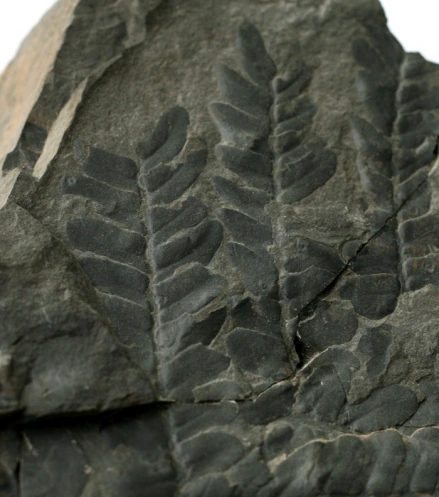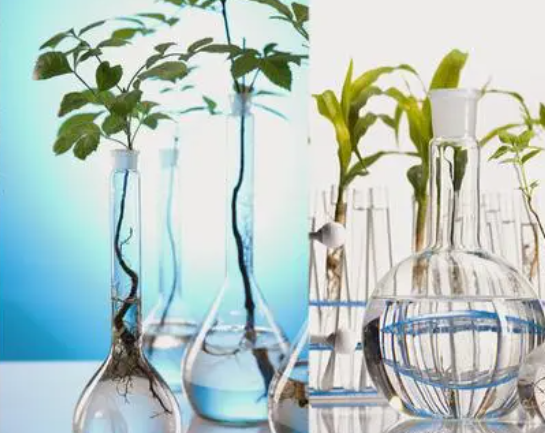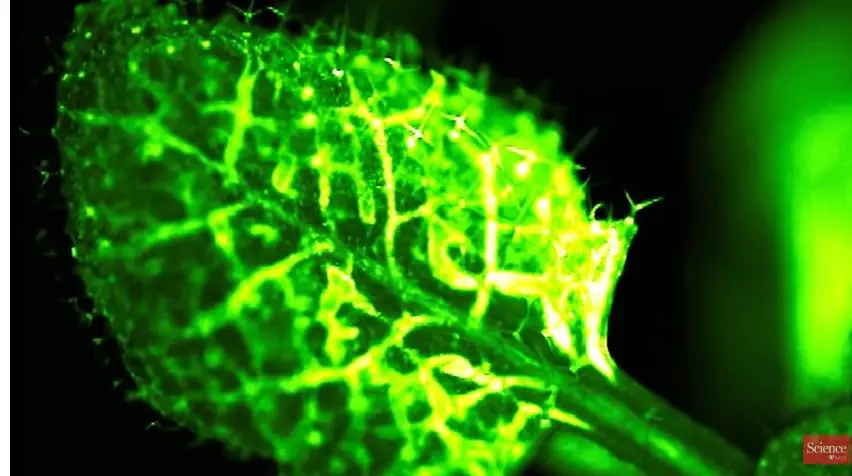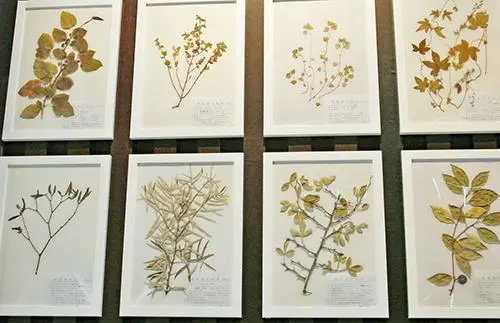Plant fossils
Plant fossils are a general term for all kinds of plant fossils. The earliest life in geological history was plants. The most primitive blue algae and fungi fossils were found in the Archean strata 3.5 billion years ago. The Archean and early Proterozoic were the era of primitive fungi and algae. The Proterozoic Middle Lang … Read more







